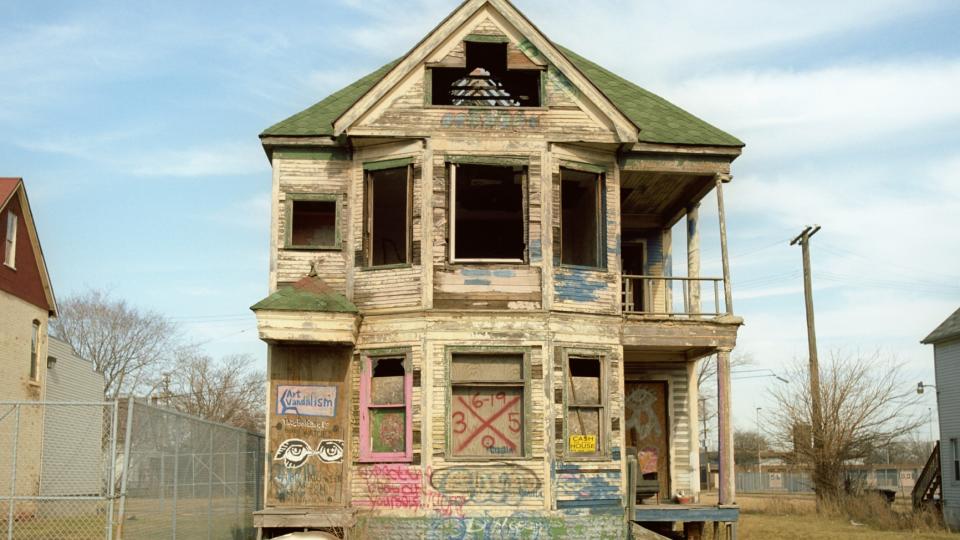Cheap vs affordable: What's the difference?

Real estate markets around the nation are heating up with interest rates at historic lows.
But the frenzy to secure a property could mean novice buyers and investors could be just going for whatever they can get their hands on.
And that's a very bad mistake, buyers' agent and Your Property Your Wealth director Daniel Walsh told Yahoo Finance.
"They are selecting properties and locations purely because they seem' affordable to them," he said.
"In reality, often this means they wind up with an inferior property in a second-class location that will always be cheap."
So how does one distinguish between just cheap and temporarily affordable properties?
Here are three tips from Walsh:
You can never fix a poor location
Properties that are significantly cheaper than other similar ones in the same area can be because they're in a bad location.
"Noisy main road, next to a train line, amongst an abundance of housing commission homes, or perhaps even neighbouring a petrol station," said Walsh.
The trouble with these is that they will always remain cheap. And there's absolutely nothing you can do about it after purchase.
"While you can generally remedy dwelling problems... you can never change the physical position of the block of land that it sits on, which will always have a negative impact on its price."
Under-rated areas that are set to boom
The most affordable and best value homes will be found in areas that are under-rated and not yet on the radar of other purchasers.
Walsh said the best of these areas already have, or are ramping up, the attributes that would stimulate their popularity in the future.
"These capital growth signposts include such things as a strengthening local economy with jobs growth, gentrification, major infrastructure, population growth as well as more demand than supply."
Specific suburbs within the greater Brisbane metropolitan area fit this definition of "affordability", according to Walsh.
"Their price points are vastly below the 'norm' in Sydney and Melbourne, yet wages are not that different," he said.
"Of course, that is one of the reasons why hundreds of people are currently migrating away from southern capitals to the Sunshine State capital."
Good suburb, bad pocket
Dauntingly for beginners, both cheap homes and affordable homes can exist in the same suburb.
"A particular street, or streets, may be seen as more desirable than others, perhaps because houses have been renovated or they are within particular school zones," said Walsh.
"Cheap properties in these locations are affordable to the people who want to live there, which helps to drive prices higher."
There could be pockets within a suburb that could be hundreds of thousands of dollars cheaper. But caution needs to be exercised with these neighbourhoods.
"Novice buyers and investors falsely presume that being relatively close to the suburb’s 'glitter strip' will result in their property rising in value to the same degree," Walsh said.
"[But] this is unlikely to happen, especially if their pocket is a bit 'warty', such as having excessive traffic noise, it falls outside a well-regarded public school zone, or it falls within a zone that has been earmarked for future transport infrastructure."
Such nuances can be difficult for novice buyers or non-locals to understand, which is where professional help might be appropriate.
"Expert buyers agents understand their investment locations intimately and know the good pockets from the bad," Walsh said.
"They understand that while dwellings can be updated, its physical location within a suburb will be the main difference between inferior or superior capital growth in the years ahead."
Make your money work with Yahoo Finance’s daily newsletter. Sign up here and stay on top of the latest money, news and tech news.
Follow Yahoo Finance Australia on Facebook, Twitter, Instagram and LinkedIn.

 Yahoo Finance
Yahoo Finance 